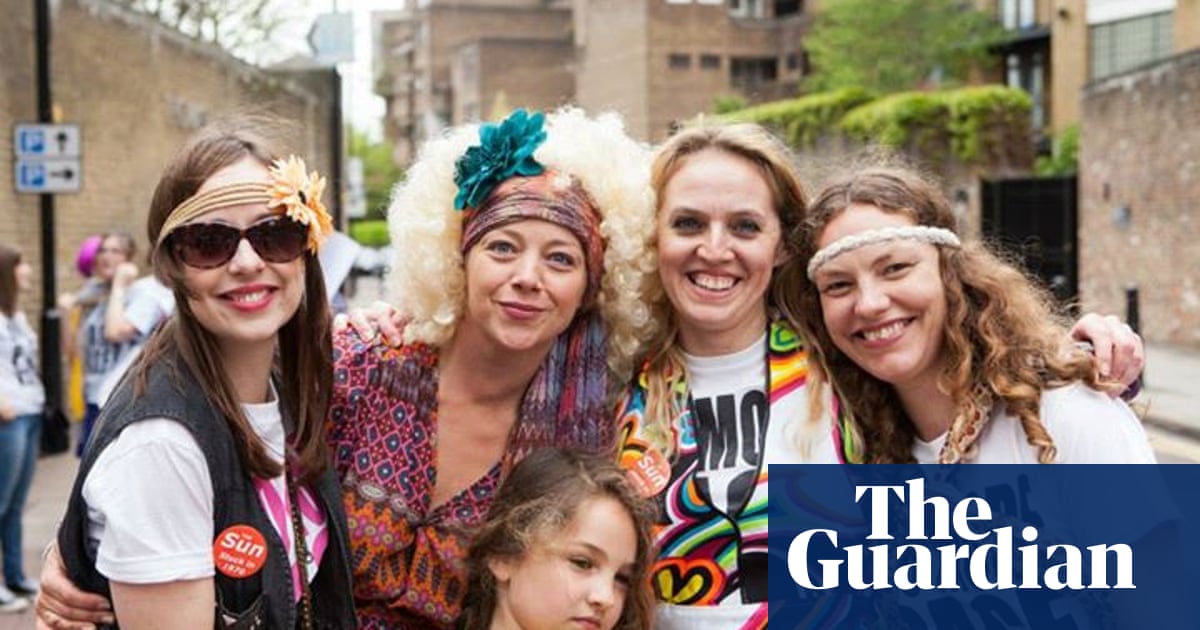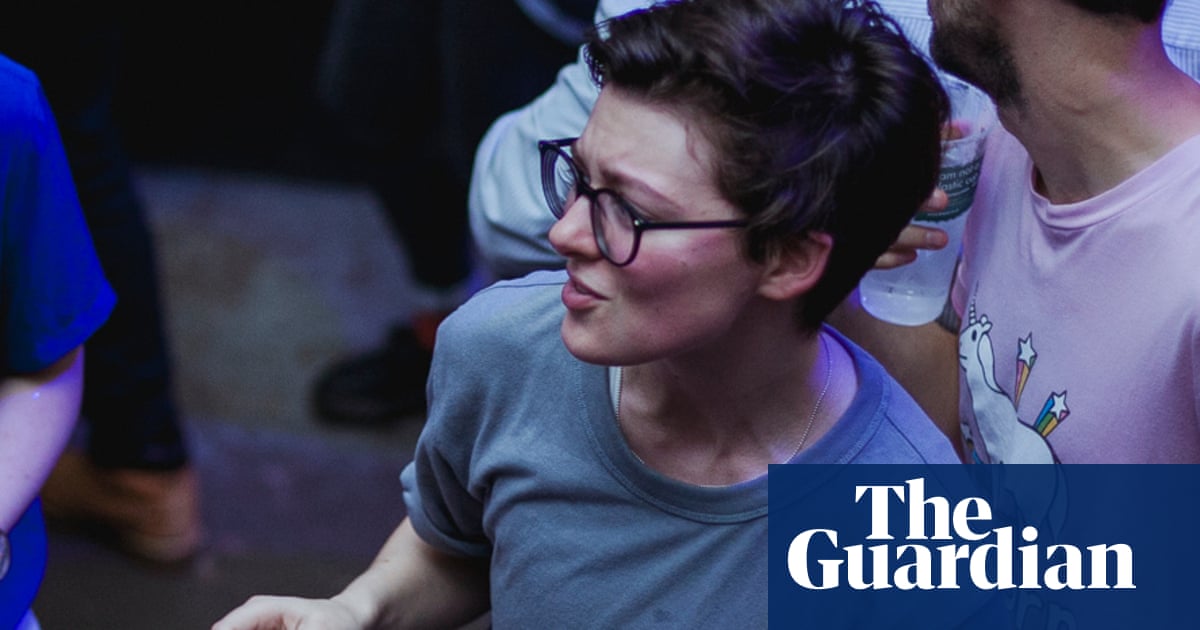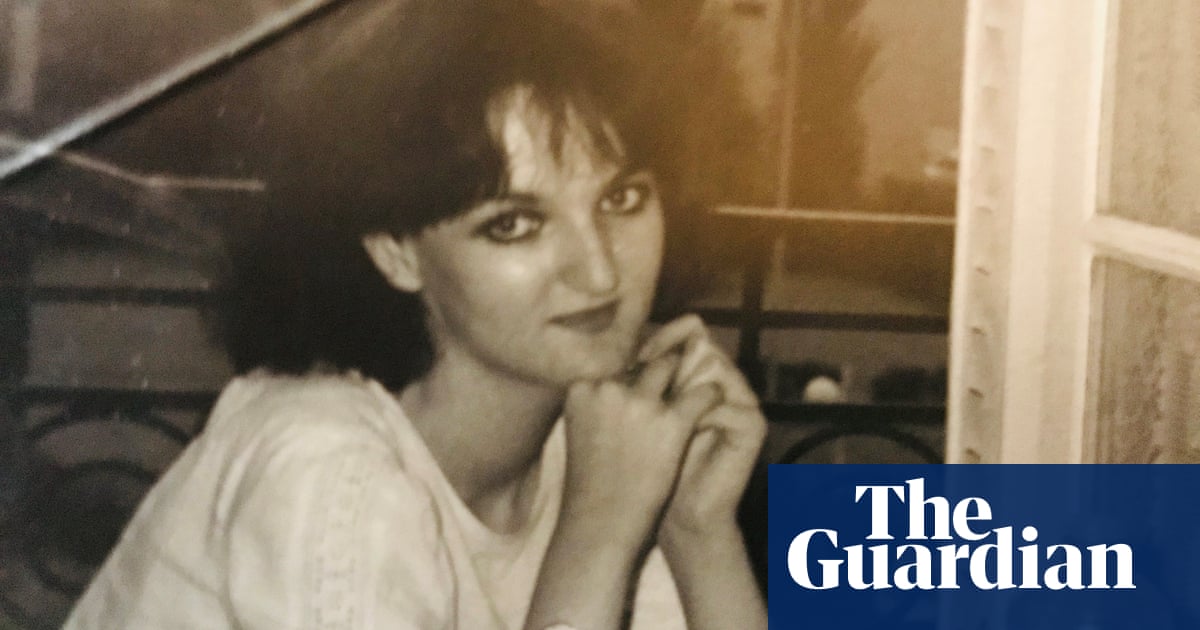
In October 2012, I attended my first ever protest. It was held outside the News International office in Wapping, east London, and was organised by No More Page 3, a campaign calling for an end to the images of topless women printed in the Sun newspaper.
I was 31 and had gone on a whim, expecting a big crowd. I thought I’d observe the proceedings from a safe distance while sipping a takeaway coffee, then go home, eat crisps and watch Downton Abbey. But when I arrived, I was horrified to see that only four other people had turned up, including a man who was there by mistake. There was nowhere to hide. Someone passed me a sign and a photographer started taking pictures, and that was it. I was on the front (and only) line of a grassroots protest.
I was the most unlikely person to ever become an activist. Growing up, I was frightened of so many things: prawns, nail clippers, high winds, shuttlecocks, other children, the sea. But my biggest fears were conflict, being photographed and being the centre of attention. I managed to get through school without raising my hand or reading aloud. When my name was called on the register, my friend Rachel would answer, “Here, Miss!” on my behalf, as I hid behind her.
My many hang-ups followed me into adulthood. When I moved from Rotherham to London to go to university, I felt completely out of place at the prestigious Courtauld Institute of Art, as most of the other students were well-spoken and well-off, with names so long and sophisticated you had to have a little rest in the middle of saying them.
Seeing other women from a similar background to mine speaking passionately and articulately about issues that mattered to them gave me the courage to do the same. I started to feel less self-conscious about my Rotherham accent, and started to feel proud of where I came from. I realised that keeping quiet no longer made me feel safe; it just made me feel stifled.
The movement ran for two and a half years and gained support from more than 150 MPs, the Scottish and Welsh parliaments, more than 30 universities and colleges and a number of trade unions, charities and organisations. It sparked a national and international conversation about objectification and representation within the press.
During that time, my No More Page 3 teammates became my closest friends and allies, and we supported one another through major events in our lives. Marriages dissolved, careers were forged, babies were born and, throughout it all, we picked one another up and cheered one another on.
The Sun’s Page 3 was scrapped in January 2015 and we celebrated, but I also secretly mourned that No More Page 3 had come to an end. The campaign had given me a voice, pulled me out of my comfort zone, and introduced me to some of my best friends. It changed how I see myself, and my position within the world.
I’d still rather lick a cat litter tray than do a PowerPoint presentation or address a room full of people, but now I know that I could do it if I absolutely had to. And that in itself is a miracle.












